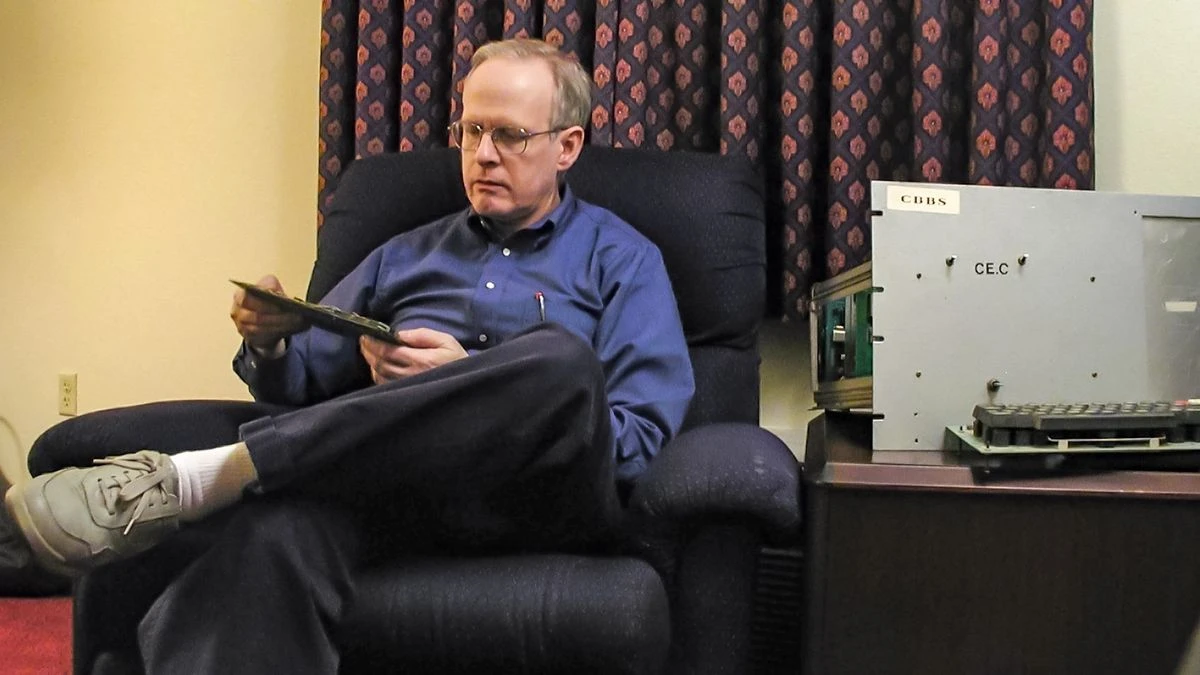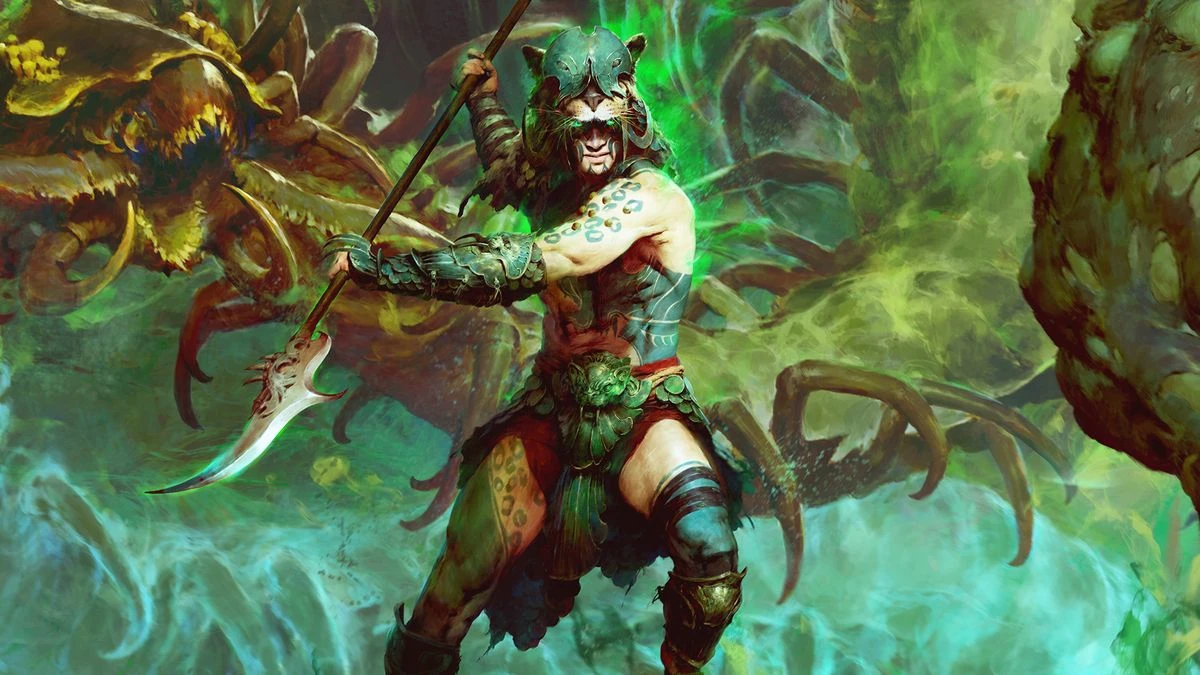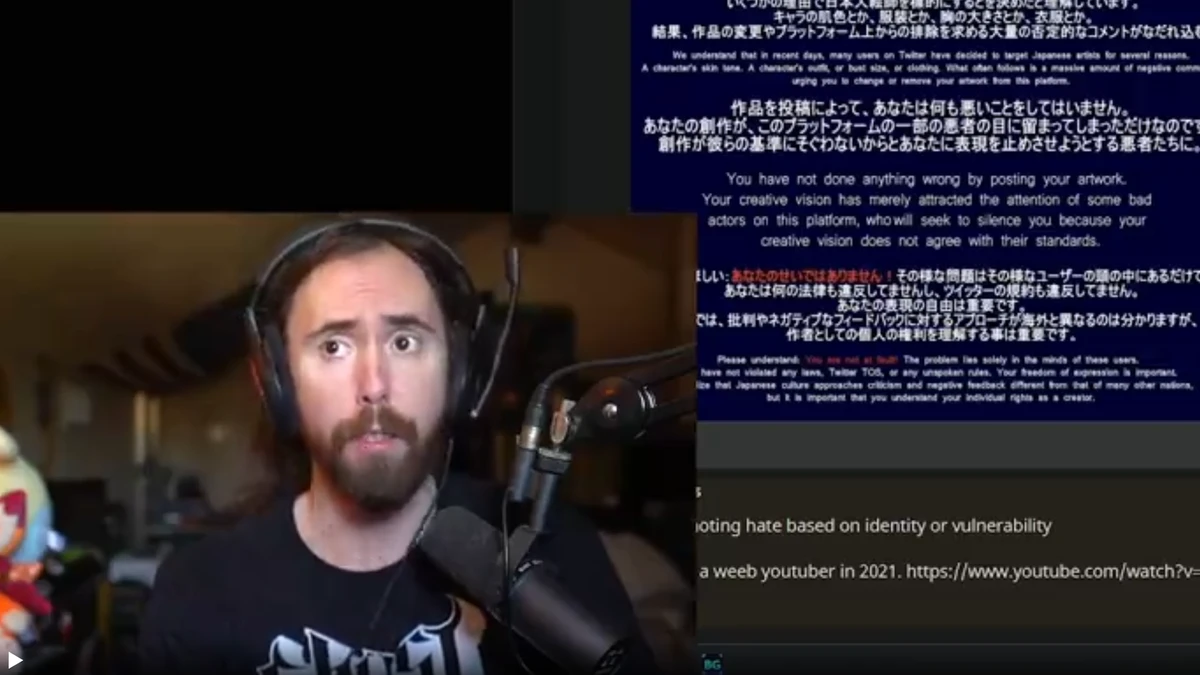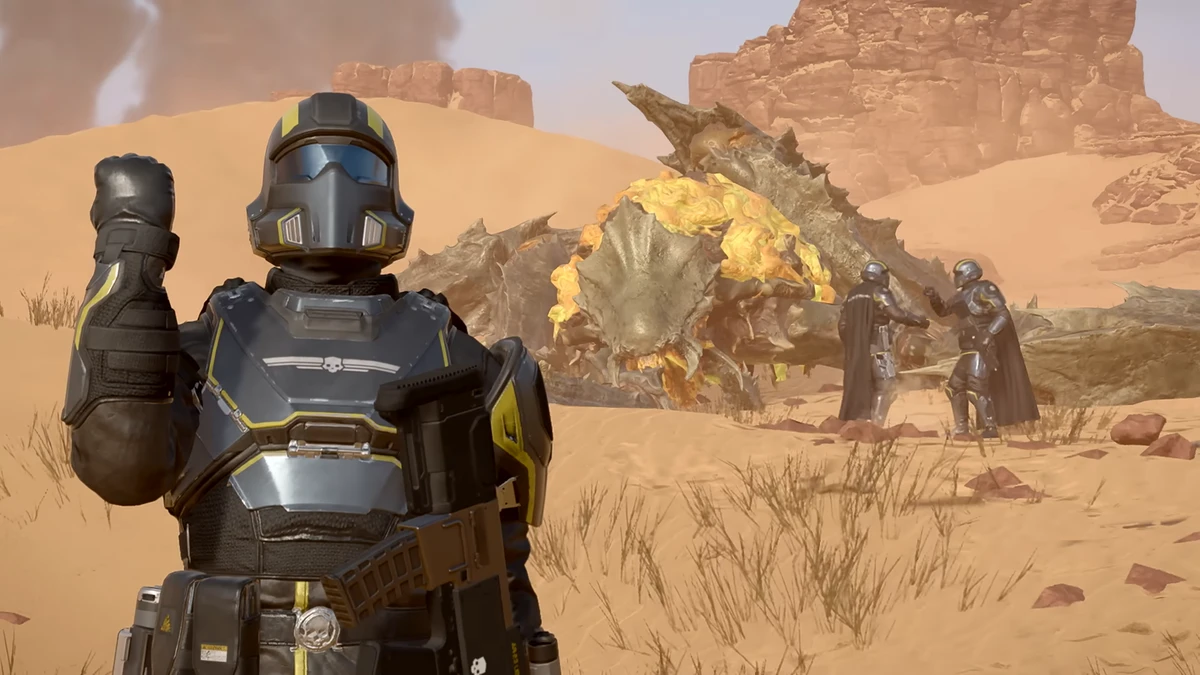Ward Christensen has died. He was a co-inventor and internet pioneer of the BBS.
Ars Technica reported that Ward Christensen died at the age of 78. He was the co-creator and inventor of the computer bulletin boards system, which is a precursor to the internet we know today.
Bulletin board systems, also known as BBSes or "boards", were popular in the 1980s and 1990s. They allowed users to dial into remote computer via landlines and post public messages, and share private exchanges, similar to a modern Discord Server. Christensen, along with Randy Suess, came up with this idea to keep in touch with members of the Chicago Area Computer Hobbyists' Exchange in 1978 during a blizzard which swept through the Great Lakes Region. CBBS (as it was called) went online in February 1978.
Christensen played a key role in the development of other BBS software, including more advanced functionality, such as the ability to share files. Before developing CBBS he created the XMODEM protocol for file transfer, a name which will bring back fond memories to online oldsters. To compensate for bad connections or noisy lines, XMODEM splits data into packets, and ensures each packet is successfully received before sending another. It may not sound like much but back in the old days, this was a huge deal.
The popularity of games grew as well. "Door games" (as they were called formally, referring to the interface between BBS software and external applications) like Solar Realms Elite, Trade Wars, and VGA Planets allowed users to compete with one another in an asynchronous online battle. Some games, like Trade Wars gave players a set number of daily turns that they could spend as big or small as they wanted. Others let users submit their turn at any time during the day and then resolve the outcomes at a certain time. It's primitive stuff, but it's still more frustrating than a constant busy message when you have 10 minutes to submit your Global War moves.
Boards were another popular way to distribute videogames. The shareware version Doom was widely distributed via BBSes and in 1991 Apogee created the Software Creations BBS, which served as a central hub to distribute its own extensive library.
Christensen's work was well-recognized. In 1992, he received two Dvorak Awards. One was with Suess, for the creation BBS software, and the other, a lifetime achievement award, "for outstanding contributions in PC telecommunications, including the development of public domain XMODEM, the first protocol widely adopted with personal computers." He was awarded the Pioneer Award by the Electronic Frontier Foundation a year later. This award is given to "long-time stalwarts who work on behalf of technology users both in the public's eye and behind the scene."
I ran my own BBS for several years in the past, during which time I made many good friends, some enemies, and lots of memories. It was a different time when online interactions were restricted to a few "computer geeks" and while I wouldn't say it was better, these small, isolated digital communities fostered a sense of community which contemporary social media platforms, online games and other online activities sorely lack. Christensen's efforts are owed by those of us who were fortunate enough to be part of these communities.
Even today, some BBSes still exist. You won't be able to shout at your sister because you're on the board, but you can still get a feel for it on sites like BBS Corner or the Telnet BBS guide.




Comments